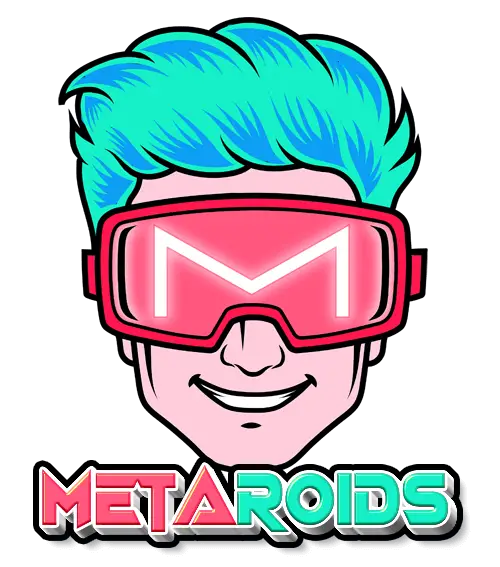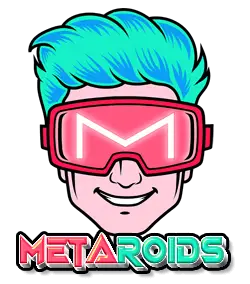The release of ChatGPT, a chatbot developed by OpenAI, has sent shockwaves through the tech community and has sparked a heated debate about the future of open research in the field of deep learning.
Sridhar Ramaswamy, Co-founder of Neeva and Venture Partner at Greylock, has voiced his concerns about the implications of ChatGPT, arguing that it marks the beginning of the end of the “golden age” of open research in deep learning.
ChatGPT’s Impact on Tech Industry Secrecy and Competition
According to Ramaswamy, the release of ChatGPT signals a shift towards secrecy and competition in the industry, as OpenAI may choose to keep its biggest and most innovative ideas under wraps in order to maintain a competitive edge. This shift could potentially lead other companies, such as Google and Microsoft, to also limit the release of their models and papers in the future.
This would mark a significant change from the current culture of openness and collaboration within the large language model (LLM) community, which has contributed to the rapid progress and success of the field.
But the implications of this shift go beyond the LLM community. Openness and collaboration have long been key drivers of progress in the field of deep learning, and a shift towards secrecy and aggressive competition could significantly hinder the pace of innovation. It could also lead to the emergence of “industrial deep learning,” where we have these giant mega corporations monopolizing industries through their close-sourced AI models.
The release of ChatGPT has also sparked concerns about the potential threat it poses to Google after borrowing its model to build its own system. Google has issued a “code red” in response to the rise of the AI bot, which is built on transformers, a technology invented by Google in 2017.
If you were in Google’s shoes, would you decide to close down the release of your models and LLM papers in the future in order to protect your own interests? It seems like the tech titan is already moving in that direction. Not all of its papers, but likely the ones with the most crucial ideas.
You might also like: Google’s PaLM is Allegedly 3x More Powerful than ChatGPT.
At Neeva, Ramaswamy and his team are committed to working towards an open foundation model, partnering with the ecosystem to advance the field and make high-quality research accessible to all. They believe that this approach is necessary to ensure that the field of deep learning continues to advance and make positive impacts on society.
Opportunities for Academia and Open-Source Initiatives
However, not everyone sees this shift as a negative development. Some argue that it could create new opportunities for academia and open-source community efforts to make significant contributions to the field. Companies like Together and Stability AI could offer their GPU computing power to academia, and open-source initiatives like HuggingFace, Big Science, and CarperAI may have the chance to step up their game.
The impact of ChatGPT on the future of deep learning cannot be understated. It marks a significant shift in the industry and has the potential to fundamentally change the way research is conducted and shared. While some see it as a sign of the end of an era, others believe that it presents new opportunities for academia and open-source community efforts to make significant contributions to the field. Only time will tell how these developments will shape the future of deep learning.
Join our newsletter as we build a community of AI and web3 pioneers.
The next 3-5 years is when new industry titans will emerge, and we want you to be one of them.
Benefits include:
- Receive updates on the most significant trends
- Receive crucial insights that will help you stay ahead in the tech world
- The chance to be part of our OG community, which will have exclusive membership perks



